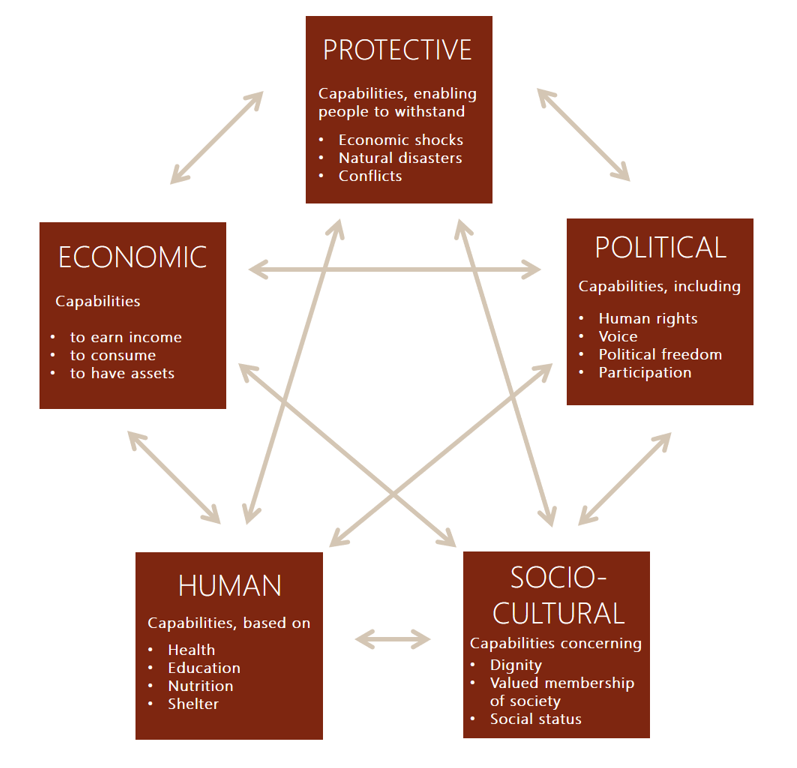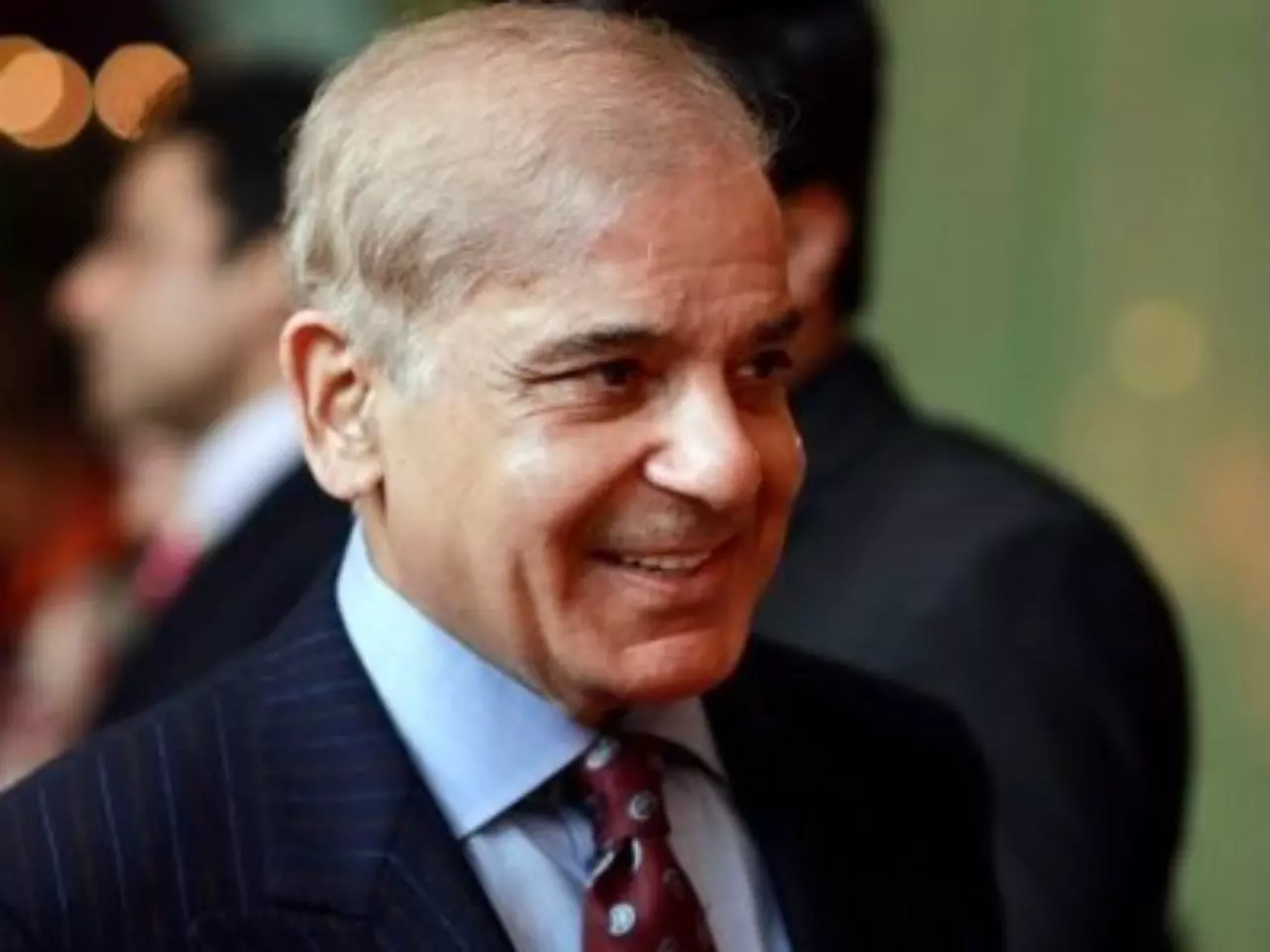By Dr. Gyan Pathak
When a person in extreme poverty gets food to eat, it is indeed a relief, and absorbs the major chunk of shock from destitution, but does not eradicate poverty. Throwing some loafs of bread before a hungry is not at all a poverty eradication programme, and hence the praise showered on Pradhan Mantri Garib Kalyan Anna Yojana (PMGKAY) by Finance Minister of our country, especially after publication of an International Monetary Fund (IMF) working paper is only an effort to conceal the worsening ground reality of destitution, a product of lack of livelihood which Modi government has failed to provide.
It is a fact that India has no reliable data on poverty in the country, and therefore, scholars have been trying to estimate it only on paper. No empirical reliable evidence is collected, and even when it was collected five years ago, it was blocked by the Centre on the ground of poor data. The paper our Finance Minister Nirmala Sitharaman chose to praise the centre has also tried to estimate the status of poverty and inequality on paper. Only the real data from the grassroot level can confirm or refute its conclusions, and presently it can be termed simply speculative. Simply going through this working paper one can get an idea how scholars reduce or magnify the poverty estimates on paper.
Quoting this working paper by our Finance Minister Nirmala Sitharaman on twitter in praise of the Centre is unethical since IMF working papers describe research in progress, not a final conclusion. Moreover, these are published to elicit comments and to encourage debate. Therefore, she has no right to misuse the comments made in the paper selectively while concealing many facts that in reality exposes the callous attitude of the Modi government towards poor.
Before going into details, it should be noted what portion of the paper was shared by our Finance Minister on twitter. The minister said, “The working paper notes that the social safety net given to the poor by way of expansion of the country’s food subsidy program absorbed a major chunk of the pandemic shock.”
It is worth mentioning that the PMGKAY was launched in March 2020, as the country was put under lockdown, and last extended in March for another six months until September 2022. It has nothing to do with poverty eradication, but is a measure necessitated because the Centre had locked people in their homes and blocked all their livelihood sources by putting the economy to a grinding halt. If someone locks someone else in home and cut off all livelihood resources, whose responsibility it was to feed them? Thus the PMGKAY cannot even said to be a social security programme in real sense of the term. It was not given in lieu of livelihood or job that was lost or not gained. Where are employments or social security against unemployment? Throwing just some food under PMGKAY, is below dignity of an individual, though it is being considered a necessity right now, and is being praised by Finance Minister.
The working paper titled “Pandemic, Poverty, and Inequality: Evidence from India” has clearly said that the absence of the 2017-18 Consumption Expenditure Survey poses a challenge for estimation of poverty. Certain portion of the data was then leaked but never released and several scholars estimated the incidence of poverty on the leaked data. “Considering that the data was not released due to poor data quality, any subsequent use of the “leaked data should be subject to rigorous assessments regarding its compatibility with other available data. We compile a dataset using various administrative data for the purpose of comparing them with the 2017-18 Consumption Expenditure Survey”, the authors of the paper said.
It goes without saying that the leaked data result and subsequent analysis bated on them were quite different than the present assessment made by this working paper, which is no more than speculative in nature. All the papers contradict each other, and hence Finance Minister should have waited for the real empirical data from the grassroots to know actual position of poverty and inequality in the country before praising her own government.
It is very difficult to agree with the conclusion of the working paper. The paper itself says in its conclusion that estimation of poverty in the absence of an official Consumption Expenditure Survey is critical for formulation of public policy. More so in the aftermath of the pandemic which is likely to have increased the poverty rates in most countries.
The paper has also said that none of the studies have incorporated the distributional implications of the expansion of the food subsidy program, which this paper has done for the first time. The purpose of doing such a thing was perhaps to emphasize that such temporary fiscal policy interventions can absorb a large part of the shock during the pandemic.
India needs more than such a temporary fiscal policy, which cannot be a substitute for any poverty alleviation programme through either providing job or social security for unemployed.
Moreover, since the paper explicitly had made adjustments to the 2011-12 household consumption expenditure levels to arrive at the consumption distribution for all the years from 2011-20, it is clearly old and does not provide the current reality. “Food subsidies have reduced poverty” is thus a faulty statement since it only reduces the shock of penury, but not the poverty itself. Reduction of poverty needs gainful work for all, and if government cannot provide it, the unemployed be provided with social security coverage. People have in reality become poorer during the pandemic and thereafter.
The concept of poverty reduction of this working paper is thus debatable. Earlier, one of the studies had concluded that 75 million Indians were pushed into extreme poverty in 2020-21. And in a sharp contrast, this paper says that there was no increase in poverty with food transfers, and only an estimated 13.4 million increase (1% of population) without transfers. The paper estimated low level of extreme poverty at 0.76 per cent in 2019 which rose only to 0.86 per cent in 2020.
The paper also tries to show that subsidized food reduced inequality. Since inequality is calculated on income and consequent other impacts on life, the paper’s conclusion can be said faulty. If one gives food to a poor, it cannot be said that the poor’s income is increased. Hence providing food to poor does not reduce inequality between haves and have-nots.
Union Finance Minister must come out with basic income programme for the poor who are yet to be provided work with dignity, rather than praising programmes like PMGKAY. Pandemic relief programmes and the likes are no substitute for providing jobs or basic income. Moreover, the Centre must not rely on speculative conclusions of such studies, must not block the empirical survey data from the ground, and must come out with reliable current data, so that people should know the difference between Modi government’s claim and the reality on the ground. (IPA Service)

 New Prime Minister Shehbaz Sharif Starts Well Amidst High Expectations
New Prime Minister Shehbaz Sharif Starts Well Amidst High Expectations 